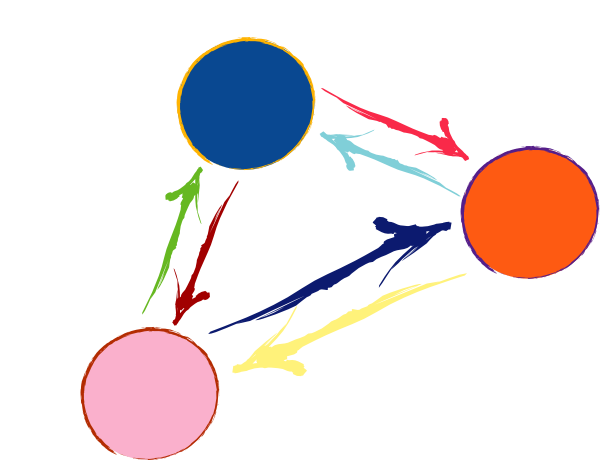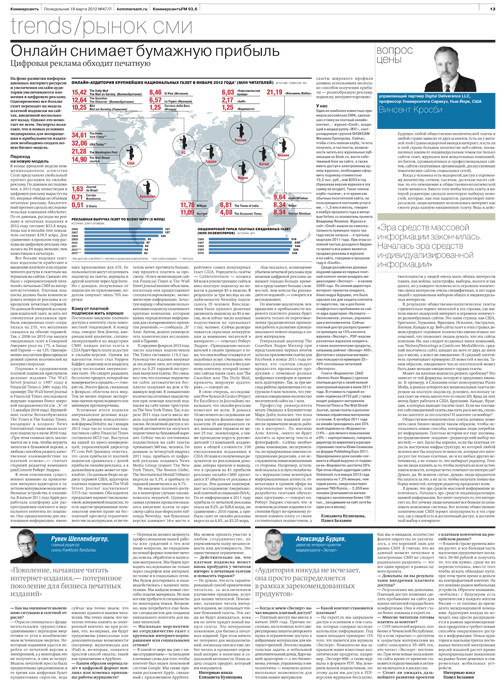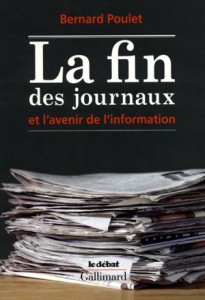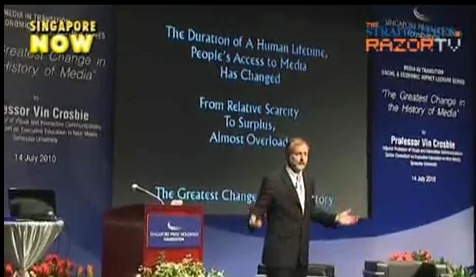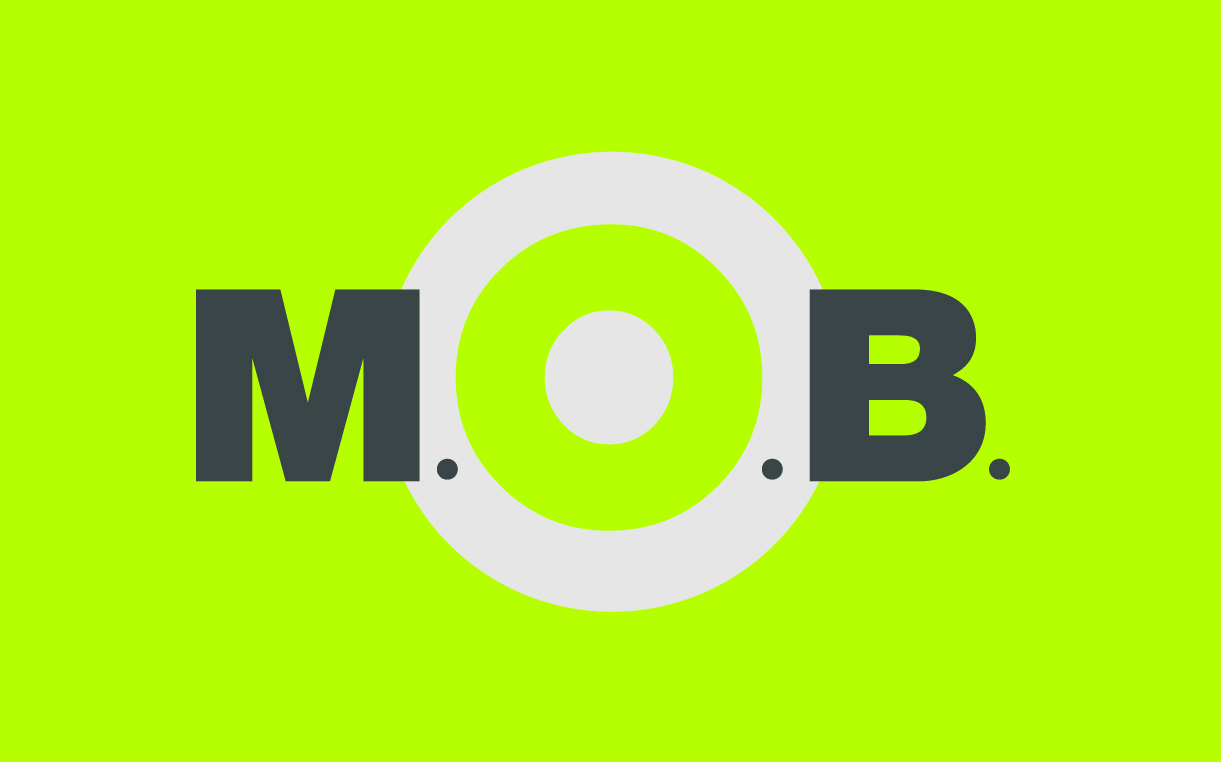Previous webpage: When Moore’s, Cooper’s, and Butters’ Laws Interact on Media Here are some corollary effects resulting from observable dynamics of Moore’s, Cooper’s, and Butters’ laws. These go beyond the computer and telecommunications industries from which those dynamics directly stem and beyond the…
Previous webpage: Butters’ Law Acting on Media Alone, neither Moore’s Law nor Cooper’s Law nor Butter’s Law would have led to the world we know today and the one we will know in the future. During the past 50 years, Moore’s Law, without…
Previous webpage: Cooper’s Law Acting on Media We don’t live in a ‘wired’ world, but a ‘fibered’ world. Wired communications is obsolete. Metallic wires could never have sustained the phenomenal growth of the Internet and of the global telecommunications networks in general. The…
One of the most audacious New Media projects I’ve been involved with as a viability consultant is Outernet, my friend Syed Karim‘s project to bring free Internet access to more than four billion people. He plans to do this by piggybacking a…
Previous webpage: The Greatest Change in the History of Media Let’s be frank about the media industries. Most of its executives don’t care a hoot about exactly what is causing the tumultuous changes in their business environment. What they want, almost regardless of…
My reputation as a New Media consultant to the news industry, including my appointment since 2007 to teach postgraduate New Media Business at Syracuse’s Newhouse School, largely result from work I did long ago. For ten years beginning in 1993, I helped…
Kommersant of Moscow interviews Vin Crosbie about the future of the world’s printed newspaper industry . (Google English translation)
For the past four years, I’ve been teaching a New Media Business for media course at Syracuse University’s S.I. Newhouse School of Public Communications. It was originally open just to postgraduate students, but a few years ago we opened it to select…
[34-minute PowerPoint video of keynote speech opening the fifth annual Personalize MEdia Conference (formerly Individuated Media conferences), Boulder, Colorado. June 20, 2011. How traditional media companies have gone astray by misperceiving consumers’ switch from analog to digital formats to be the greatest trend…
Jim Chisholm, the world’s expert about newspaper operations, tells why newspapers charging for their websites are self-destructive.
Whenever anyone from the traditional media industries writes, blogs, or tweets about Social Media, they miss the point. I find this so exasperating that I want to stab them with the point. Here is my thrust: When newspaper, magazine, radio, and television…
Recommending the French book, La Fin des Journaux et l’avenir de l’information (The End of Newspapers and the Future of Information).
Many of the media industries for which journalism and media professors prepare students are, if not yet dying, seriously ill, stumbling if not yet in collapse due to titanic changes underway. Ten days ago, I published here a call for American journalism…
TV news coverage of the third annual Media Lecture, delivered by Prof. Vin Crosbie on July 14, 2010, at the Drama Center of the National Library of Singapore.
A placebo called the convergence strategy has been willingly swallowed by most media companies and the media industries.
Come to a New Media business models conference in which the Syracuse University’s Newhouse School of Public Communications is inviting only speakers who we think have the answer—regardless where they are from or what they’re rank, specialists who together have all the facets of the solution and will be working in coordination with each other at the conference.
We live amid the greatest change in the history of media. Most media executives fail to recognize it and mistake its traits as the change itself.
Nokia’s Life Tools project is an intriguing addition to news organization’s mobile palette.
My opening keynote speech from EPublishing Innovations Forum 2008, London, May 7, 2008. Why 1.3 billion people have gravitate online despite their already having access to mass media in much more convenient formats than online. Why the fragmentation of audiences is an illusion. Why traditional newspapers’ and news magazines’ circulations, and news broadcasts’ viewerships, must ineluctably evaporate. Why most newspapers’ and news magazines’ and news broadcasters’ Web sites won’t save their companies. Why people will be even better served by New Media than by Mass Media. And why the change today is even greater than that during Gutenberg’s era.
I hate to rain on the parade of pundits who hail TimesSelect’s demise as proving paid content is dead. Thought payment for the traditional one-to-many package of news content, or even a subsection of it, is dead; people will be willing to pay for customized news services that exactly match from all sources each of their individual needs.
The New York Times Company attempts sleight-of-hand in its announcement ending its experiment at charging for online access to its Opinion section and archives.
Why news publications that withold some content from online, charge for ‘premium’ online content, or give access to some online content only to print subscribers are not only failing to stem their print circulation erosion but also reducing their sites’ online growth and potential.
What will be the future roles of newsstands, news agents, archives, and newsrooms?
Why the print newspaper battle that began today in Baltimore is a test case for paid content and the relative value of newspaper news in the U.S., in print or online
I’m in Paris where later this week I’ll be representing my friend Gordon Borrell‘s firm at the World Association of Newspapers’ Advertising Conference and be one of the conference’s speakers about online revenues. That’s one reason why I’ll be missing the Newspaper…
My company’s business is the busiest it’s been since the height of the dot.com boom in 1999, which is another way to say that we’re swamped. Or maybe swamped isn’t an apt verb because there’s no muck involved. The work onsite for…
Every few years in new media, I find a consulting client whose business plan, product or service, and managers are refreshingly sharp, competent, and unusually opportune. In those rare cases, and particularly if it’s a startup venture, I’ll trade some of Digital…
Congratulations to David Talbott, who weathered the storm of the dot.com bust and guided his baby Salon.com to profitability. The New York Times today reports (registration site) that he’s now stepping down as its editor-in-chief but retaining the title of chairman. He’ll…
AccuStream iMedia Research reports that the number of video streams online increased by more than 80 percent last year, for a total of 14.2 billion streams. Almost 80 percent of those streams were broadband (defined as 100 Kbps or higher). One of…
[UPDATE: Some blogs which have linked to this item call it my vision of the newspaper of 2010. Calling it that is inaccurate. I believe that e-paper devices will be in common use by 2010 and that consumers will use these device…
A month ago, I’d mentioned Nigel Pocklington‘s appointment to the newly created role of director of online publishing for the Financial Times. From London, Kieren McCarthy points me to an article he wrote today in The Independent about Pocklington’s role at FT.com…
During my absence last month, a professor of journalism e-mailed me to review and correct his list of U.S. newspaper websites that charge for access. I do have a master list of daily newspapers throughout the world that charge for access, but…
During the past 30 months for JupiterMedia’s ClickZ online marketing information site, I’ve written 39 columns about charging for online content. Writing them has been fun. The $100 honorarium JupiterMedia has paid me for each has bought some nice dinners. But I’ll…
US Magazine later this month will launch a subscription SMS service for celebrity junkies, reports Technology Marketing magazine. US is targeting this service at educated, relatively affluent, North American women with an average age of 32 who live in metropolitan areas. Called…
My latest column for Jupitermedia’s marketing site ClickZ is online. It examines how the New England Journal of Medicine is publishing paid online content. My thanks to the quite competent Kent Anderson of NEJM and to my clients, the trustees of the…
ClickZ.com today published the first of a two-part article I’ve written about the future of paid content. During the past two years at that site, I’ve written 36 columns about free-to-fee publishing, but none until now about what I firmly think the…
The TowerGroup research consultancy in Massachusetts forecasts that U.S. micropayments revenues will increase at a compound annual growth rate of 23% from 2003 to 2009. e-Marketer today describes some of that forecast. The TowerGroup sees new microtransactive softwares and infrastructures being developed…
Last week, the Christian Science Monitor (an excellent, objective, and non-religious newspaper) published a story admitting what’s long been no secret within the American newspaper industry: it’s parent operation, the Christian Science Publishing Society (CSPS), which also publish the Christian Science Sentinel,…
My monthly Publishing: Free to Fee column publish today over at ClickZ.com is a re-examination of the premature dismissal of the future viability of micro-transactions as a mechanism for paid online content. I specifically focuse on Clay Shirky‘s influential dismissal of it.…
Am I the only veteran of online publishing to urge newspaper publishers to resist the seductive but devastating temptation to convert their sites from free to paid access? Not by a longshot. The latest to weigh in is Dave Morgan, founder of…
There’s been some demand on this site today for my Publishing: Free to Fee columns about charging for online content. These 32 columns are at ClickZ.com, where they are chronologically organized in a roughly stratal order (i.e., the earliest ones primarily cover…
Although we last week mentioned that some Knight Ridder newspaper executives told us that Knight Ridder Digital planned to to charge for site access once it had finished implementing consumer registration, KRD spokesperson Amy Dalton tell us this isn’t true, that KRD…
We’re hearing from executives at Knight Ridder newspapers that once Knight Ridder Digital has finished implementing consumer registration at their Web sites, KRD next plans to charge for site access. The newspaper executives we’ve spoken with say this is what they are…
In my ClickZ.com column 11 months ago, I wrote: At the center of any market is the price mechanism competition creates. There’s always some difference between buyers’ and sellers’ desired prices. In a functioning market that difference is minimal, or at least…
Less isn’t more. Forcing people to register to read newspaper Web sites that simply shovel online generic content from printed editions will only diminish the number of people who will use those sites in an era when diminishing readership should be the…
Next week in London, Anne Ridyard (top left), the associate publisher at IDG magazines in the UK, and Richard Withey (right), global director of interactive media for Independent News & Media Plc, and managing director of Independent Digital (UK) Limited, will give…
London-based Rafat Ali, who is the founder, editor, and publisher of PaidContent.org has a unique perspective about charging for online content, and is the subject of my January Publishing: Free to Fee column, published today at Internet.com’s ClickZ. – Vin Crosbie
During the past 10 days, we’ve been taking time away from consulting and also from posting here. Instead, we’ve been working on two new projects: A report about paid online content (which we plan to publish next month); And a report about…

